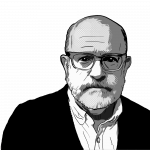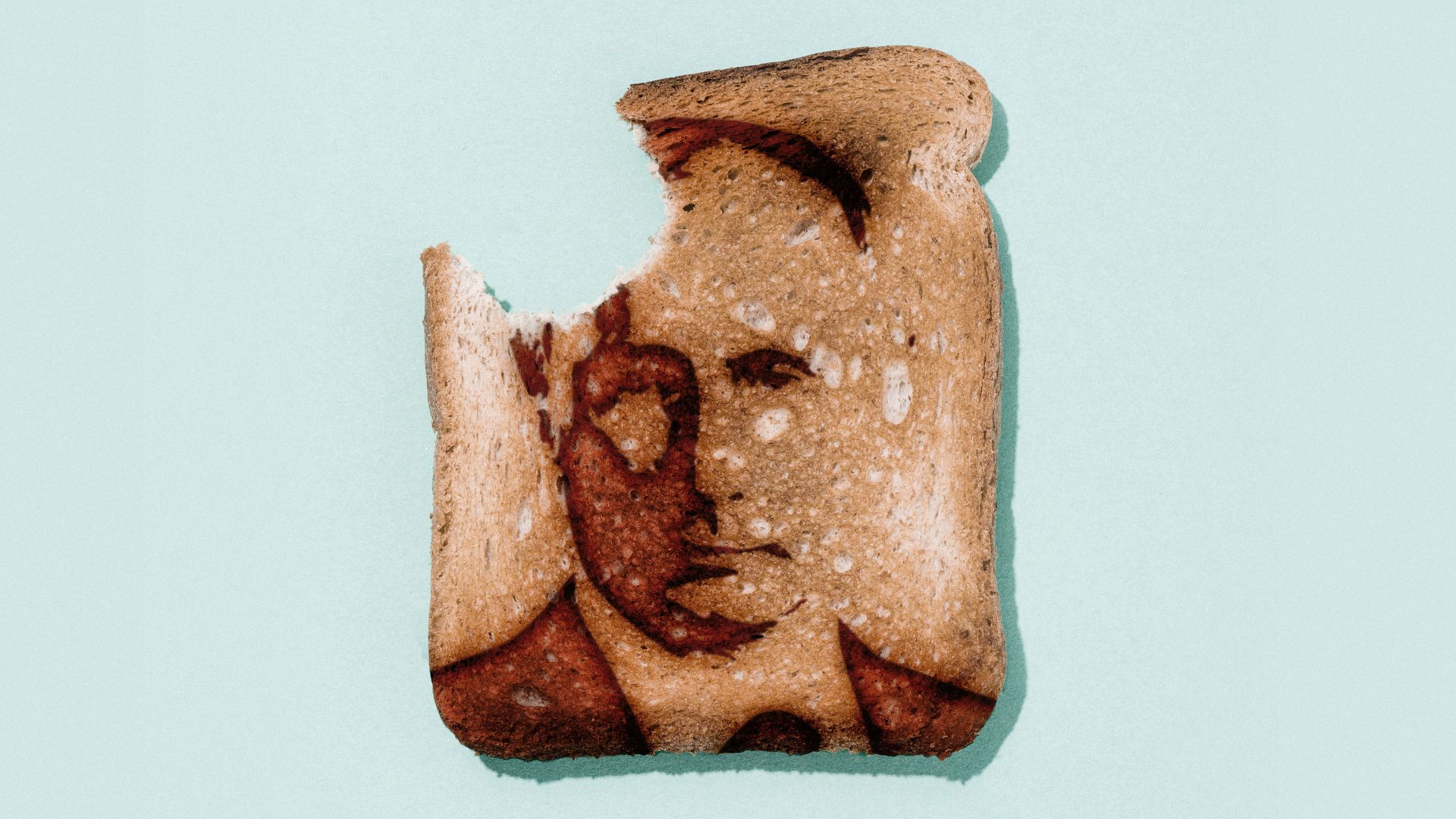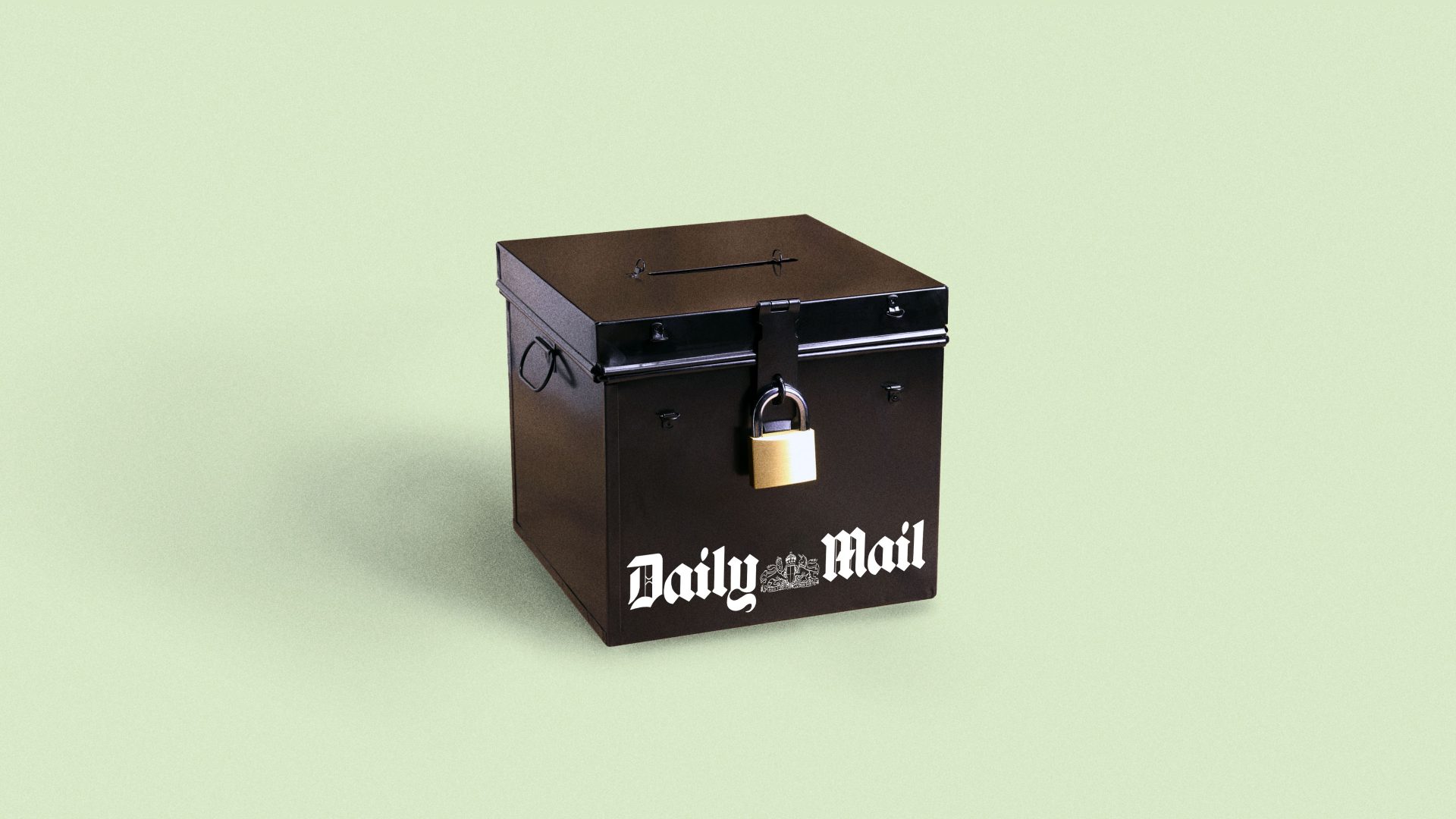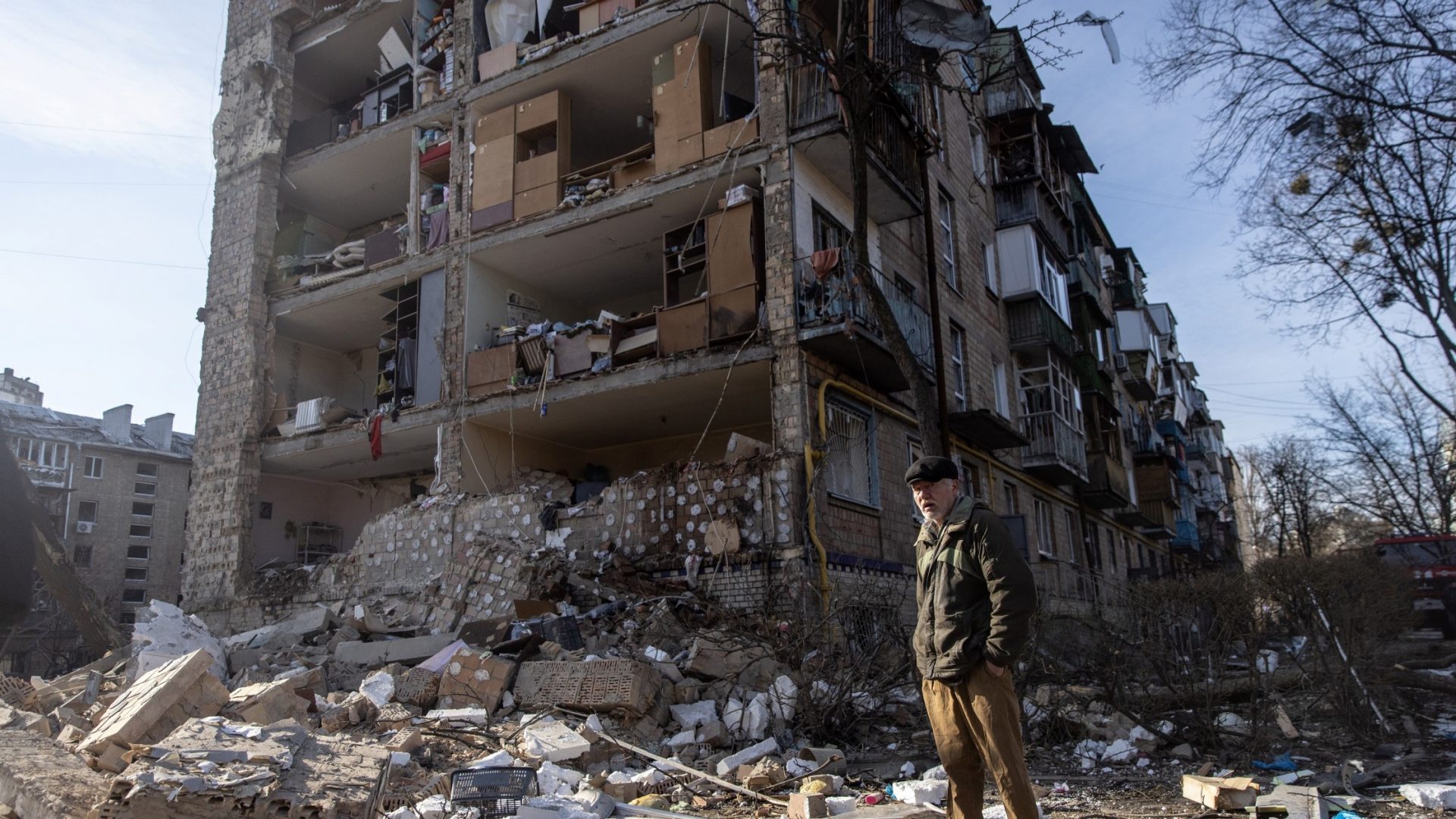Time was when no one dared say in the halls of the KGB tsar that Vladimir Putin’s war was not going well. That time is over.
Yevgeny Prigozhin, the former Putin private chef who is now leader of the Wagner Group mercenary army, is bitter about the Kremlin’s pet generals.
“The armed forces of Ukraine are fully ready to go and cut the flanks,” he said in a five-minute audio statement posted on the messaging service Telegram on April 26. “All the talk about the prevented attempt of deploying reserves in Bakhmut is complete bollocks… The criminal command [the Russian ministry of defence] do not give ammo… These scumbags making this decision, they must answer before the mothers of the deceased, because instead of one soldier losing his life taking a building, five are dying because there are no shells.”
On my journey into Ukraine in late April, I saw a freight train packed with new western armoured cars so long that I went and got a cup of tea, returned, and it was still going past.
And now Putin’s most powerful ally, chairman Xi Jinping of China, has just picked up the phone to natter with the president of Ukraine, Volodymyr Zelensky. The Chinese text after the call stressed how leaders with nuclear weapons should act calmly. That robs Putin of his last big stick.
But the fact of the call is the real poison. Hidden in the diplomatic niceties, Xi has just sent Russia’s oligarchs a message. Big Roubles can no longer park their yachts in the south of France, their ill-gotten gold in the city of London and their bastard spawn at Eton. That the Chinese emperor is consorting with the Ukrainian “Nazi-in-chief” – Zelensky is, of course, Jewish – will have been noted.
It’s almost as if Xi has told the oligarchs that if the president of Russia “has an accident”, China won’t mind. If I were Putin, I would steer clear of the Kremlin’s windows.
October 10 last year was a grim day – 18 dead, a rocket crater in the children’s playground in Kyiv’s most beautiful little park, blood on the streets. The war on Ukraine’s power plants was terrifying. This January, my Airbnb flat had no power for hours on end. Candles knocked Irish whiskey off the top of my shopping list. No longer. This week the Russians fired 23 missiles, 11 at Kyiv. Ukrainian air defence shot down 21 out of the 23 rockets, including all the ones aimed at Kyiv. Two got through and killed a mum and her daughter in Dnipro, and hit a residential block in the city of Uman, killing at least 10 people. Grim, but the big picture is that Ukraine’s shield is strong, and getting stronger.
Now, there is so much electricity in the Ukrainian capital that the trams are running, the shops flaunt neon ads and the curfew doesn’t start until midnight. The Ukrainian army is waiting for the rain to stop to launch a counter-offensive. I have been a war reporter since 1988 and I have never come across an army with more confidence, more self-belief or a richer, bleaker sense of humour. Now it has a ton of the best western killing technology, waiting for the “go”.
The latest joke doing the rounds goes like this: “British military vehicles are best, but the wheel is on the wrong side. So the Russian snipers kill the passenger. What’s not to like?”
Even if the Ukrainian counter-offensive is blunted, Russia has disturbed the democratic bear. Of course, Joe Biden came to Kyiv by train. He likes trains. But the symbolism of that trip means that so long as he is in the White House, American power has Ukraine’s back.
The eastern Europeans understand what it is like to live under the Russian boot. The western Europeans were too timid and too slow for too long, but now the French and Germans have been so sickened by Russian barbarity that they are on team Ukraine. The British get it.
Xi is the cherry on the cake. China is not supporting Ukraine, but the very existence of the phone conversation is bleak news for Putin.
In war, you need three things: good morale, good logistics and good leaders. Ukraine has all three. Russia has none of the above.
How has Putin screwed it up so badly? The lord of the biggest country on earth, stuffed with treasure in oil and gas and gold, is on the verge of military defeat, not this year, perhaps, but next year very probably.
In The Noise of Time, a novel about Stalin’s persecution of Shostakovich, Julian Barnes has the composer bemoan the Kremlin’s useful idiots, that they did understand “the one simple fact about the Soviet Union: that it was impossible to tell the truth here and live.”
That goes for Putin’s Russia, big time. The regime is corrupt from the top down, so simple facts about tank numbers, the quantity and quality of ammunition supplies or cans of food for the troops are bent to make a fast rouble. In my book, Killer in the Kremlin, I tell the story of Russian soldiers who discovered that their cans of beef were actually dog food, repackaged.
Mike Martin, a former British army officer in Afghanistan, writes in his book on military strategy, How to Fight a War, about the fatal danger of obsequiousness bias. Putin sees the world through a secret policeman’s dark glasses – and a secret policeman from the 1970s locked into Brezhnevite stasis. Everyone in Russia who might have dared to tell Putin the truth, that Ukraine is a real country, that the Russian army would not be welcome there, that the west would stand up against invasion, has fallen through a window long ago.
Obsequiousness bias is not a vice in Putin’s Russia; it is how to survive. The consequence is that Putin cannot see the modern world for what it is because his glasses are too dark – and there is no one around to say: “Boss, take off your shades.”
Investigative journalism is fancy talk for looking for an anomaly. How could the Putin who was so afraid of breathing the same air as president Macron of France that they sat at a table 20 feet long, hang out with a bunch of teenage students or drive across the Kerch bridge with some pals? Because he uses a double. The fake is even shorter than Putin and wears Cuban heels.
The Kremlin’s yucky PR man, Dmitry Peskov – he sports a mullet and looks like a down-table English football manager, the boss of, say, Rotherham United – has denied the double story categorically. No more proof is needed.
Readers should be aware that Peskov and I have previous. In 2014 I doorstepped Putin for BBC Panorama. (By the way, Putin’s face looked like a weasel’s back then. Now he looks like a hamster, his fat cheeks stuffed with straw. Ashley Grossman, professor of neuro-endocrinology at Oxford, suspects that’s evidence of steroid abuse). Peskov was so irritated by my doorstep that my producer, Nick Sturdee, and I were locked in a basement room for an hour. Later that day, a thick-set man came up to me and thumped me in the stomach.
Friends who have been to Moscow say that you wouldn’t know there is a war on, that fancy western goods are in all the shops, that the Bentleys still zip along by the Moskva. Maybe. But under the surface, the crocodiles are lurking, waiting for the old hyena to come to the waterhole.
John Sweeney’s Killer in the Kremlin is published by Penguin Books




